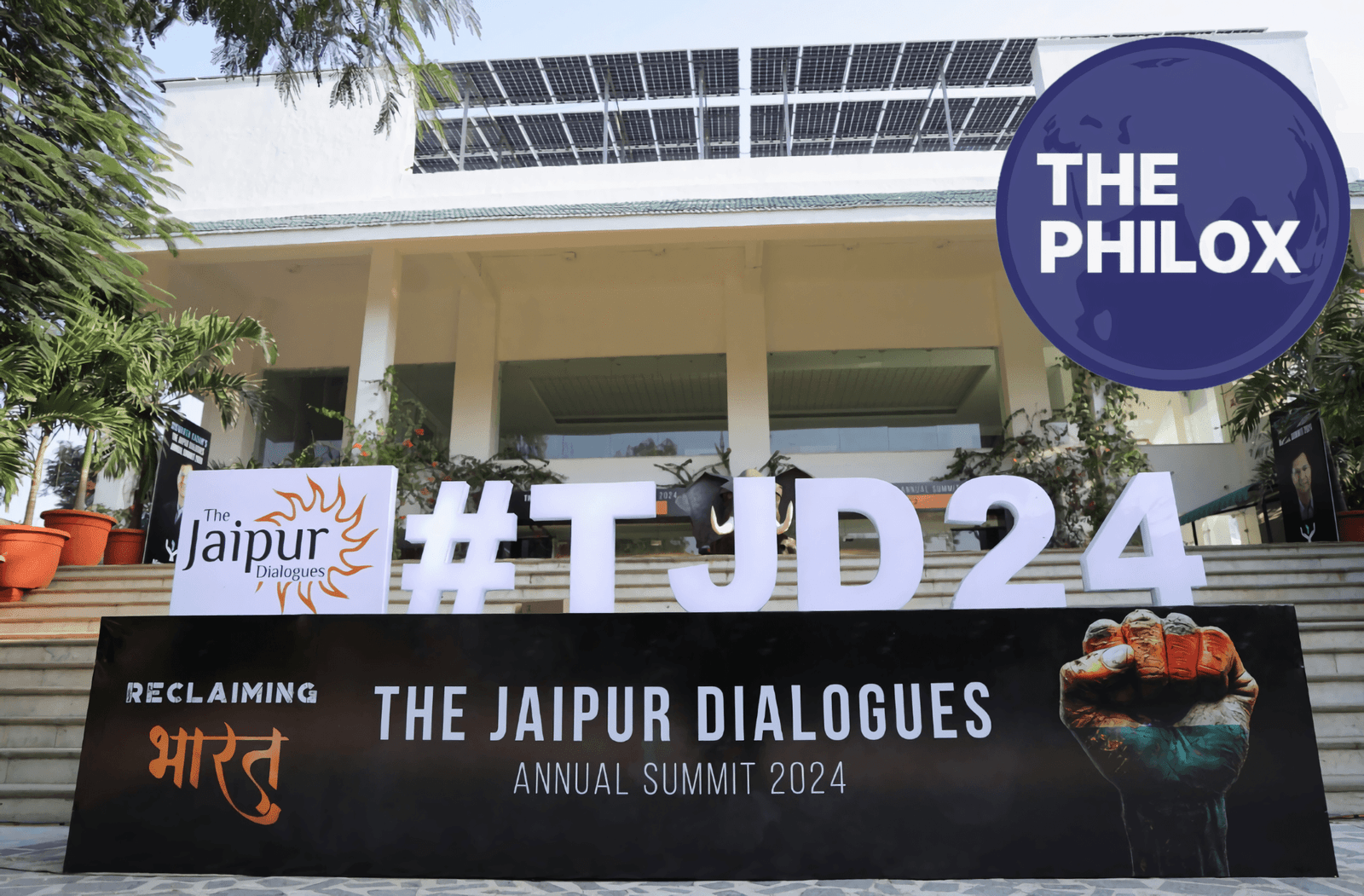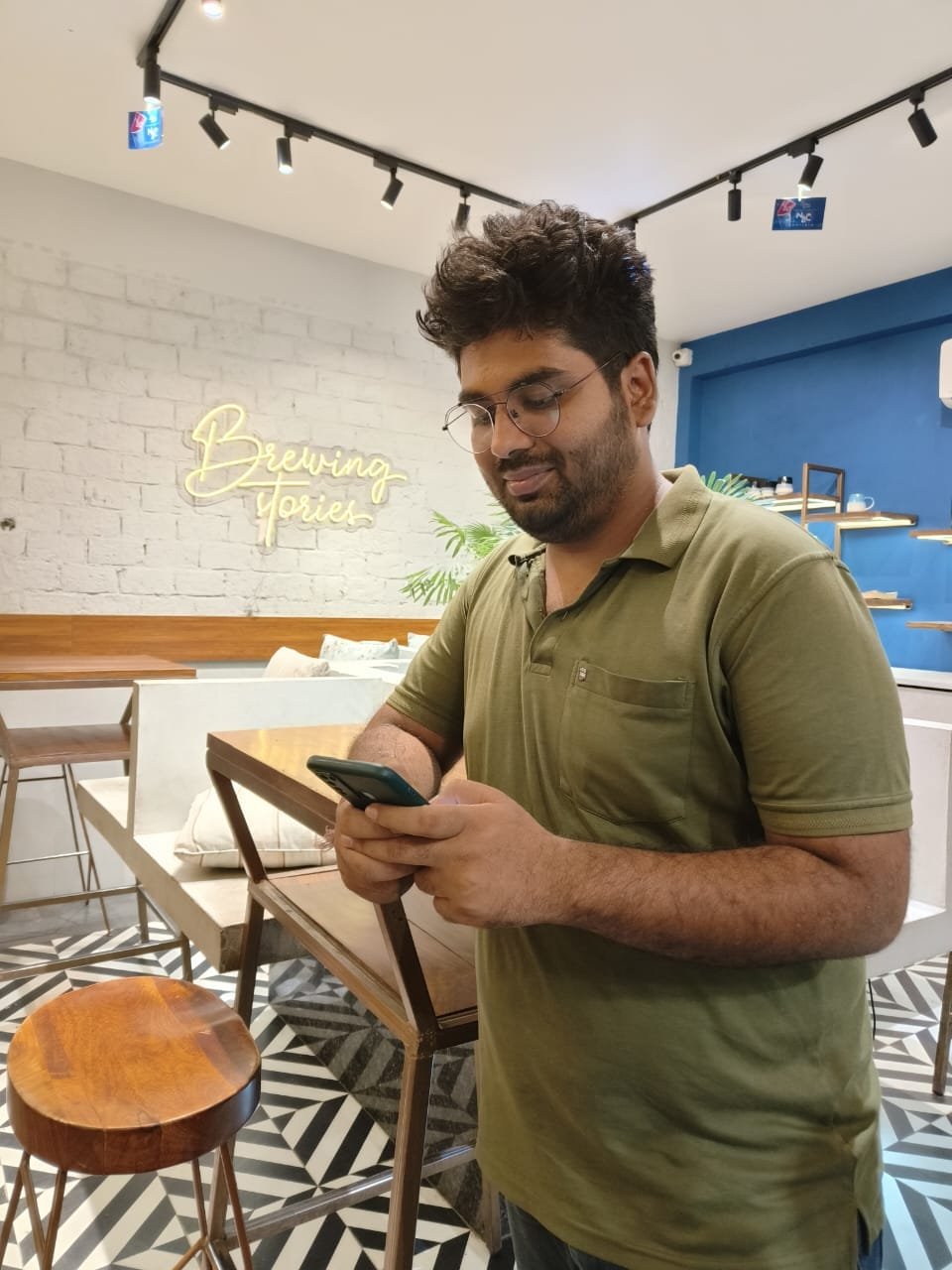India’s strong cultural legacy suffers several difficulties in the fast changing terrain of 2025. Among these contemporary dangers, The Jaipur Dialogues has become a central venue for preserving Indian customs, especially with an eye toward protecting Hinduism and Sanatan Dharma.
This page explores the goals, programs, and effects of The Jaipur Dialogues in safeguarding and advancing India’s timeless ideals.
The Jaipur Dialogues: Their Origin
Originally set out to provide a forum for intellectual conversation, The Jaipur Dialogues seeks to correct stories about Indian history and culture.
For academics, thinkers, and fans of India’s civilizational values, it provides a gathering point.
The platform stresses nationalism entwined with Dharmic values so that conversations stay anchored in the fundamental ideas of the nation.
Objectives and Fundamental Ideas
Fundamentally The Jaipur Dialogues is dedicated to:
1. Correcting misunderstandings: The website aims to show an actual portrayal of India’s history and customs by questioning false narratives.
Acknowledging the inseparability of Sanatan Dharma and Indian nationalism, it underlines that the nation’s rebirth depends on its spiritual and cultural rebirth by means of Dharmic values.
By means of seminars, summits, and debates, it offers a forum for important dialogues on modern concerns influencing Indian society.
Annual Summits: A Mind Confluence
The Jaipur Dialogues’ yearly conference is among its major projects. Designed under “Reclaiming Bharat,” the 2024 edition was evidence of the platform’s commitment.
Taking place at Clarks Amer in Jaipur from October 25–27, the event drew over eighty eminent speakers from several disciplines.
These professionals participated in debates on subjects ranging from modern issues confronting India to historic knowledge systems of the country.
Important Summit Highlights for 2024
Governor of Rajasthan’s inaugural speech: Haribhau Bagade underlined India’s dynamic culture and its function as the cradle of world intellectual and spiritual legacy. Using the ‘Vasudhaiva Kutumbakam’ (the world is one family) ideology, he underlined the nation’s global significance.
2. Launch of “Hat-trick on Hindutva”: This book publication underlined the platform’s dedication to confronting modern interpretations and misunderstandings about Hindutva.
Experts discussed the need of acknowledging both internal and outside hazards to India’s sovereignty and cultural identity in sessions on National Security and Cultural Preservation. The general agreement was on the need of a consistent strategy to protect the national interests.
Continuing the conversation: Deccan Summit in Pune
Building on the momentum from past gatherings, The Jaipur Dialogues extended their influence with the Deccan Summit in Pune on February 8, 2025.
Themed “Ek Hai To Safe Hai” (Unity Ensues Safety), the summit sought to disseminate Hindutva’s message throughout India.
Pune offered a suitable setting for debates on unity and cultural preservation given its historical importance as the cultural capital of Maharashtra and hub of the Maratha Empire.
Dealing with contemporary challenges to Sanatan Dharma
Sanatan Dharma struggles in the modern day from several angles:
1. Media and Entertainment: Misunderstandings result from the way Hindu culture is portrayed in movies and OTT channels, therefore distorting reality. The Jaipur Dialogues underline the need of creating materials that faithfully depicts India’s customs and challenges negative narratives.
2. Educational Systems: Younger generations have been cut off from their roots as conventional Vedic education declines.
By teaching future scholars in Vedic knowledge, initiatives like Ved Vidyalayas in Rajasthan seek to close this gap and therefore preserve the guru-shishya parampara (teacher-disciple tradition).
Rising conversion activities and separatist ideas threaten the unity and cultural fabric of the country by means of religious conversations and separation movements. Talks at The Jaipur Dialogues stress the need of realizing and tackling these issues to preserve social peace.
The Jaipur Manifesto: a Future Vision
The presentation of the “Jaipur Sanatan Manifesto” was a major result of the 2024 meeting. Emphasizing India’s responsibility to protect Sanatan Hindus’ physical and cultural borders,
this paper claims that Sanatan Dharma is a type of nationalism. It is a cry for group efforts to protect the spiritual and cultural legacy of the country.
Cooperation and Community Building
Knowing the power of unity, The Jaipur Dialogues works with many groups and people that have a same vision.
The platform increases its influence by encouraging a community of like-minded people so that the message of cultural preservation finds more people.
Educational Programs and Outreach
The Jaipur Dialogues is committed in educational projects, beyond summits and debates. Through workshops, book publication, and use of digital channels, it aims to inform the public on India’s rich legacy and the need of safeguarding it.
Difficulties and the Way Forward
Although great progress has been done, the road is full with difficulties:
In the internet era, false information travels quickly. Correcting misleading narratives calls for constant work and awareness.
2. Involving the younger generations in connecting with their background is absolutely vital. It will need creative solutions to make conventional information relevant and enticing to them.
Working with legislators to guarantee that cultural preservation takes front stage on national agendas is still a constant task.
Final Thought
Platforms like The Jaipur Dialogues are absolutely essential in preserving India’s cultural and spiritual legacy in 2025 when the country finds itself at the junction of modernism and tradition.
By means of its relentless dedication to dispelling misunderstandings, advancing nationalism anchored in Dharmic values, and encouraging intellectual debate,
The Jaipur Dialogues not only protects Hindu culture and Sanatan Dharma against modern challenges but also opens the path for a rebirth of Indian traditions in the modern society.




